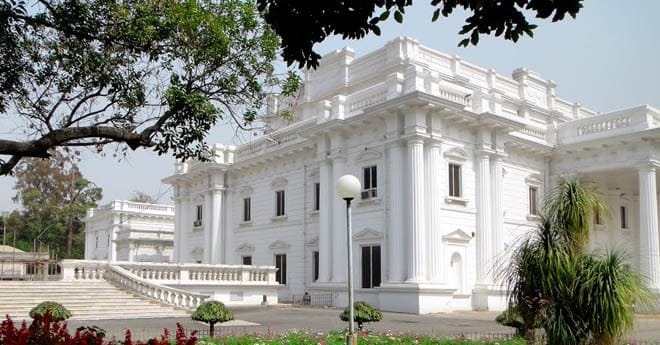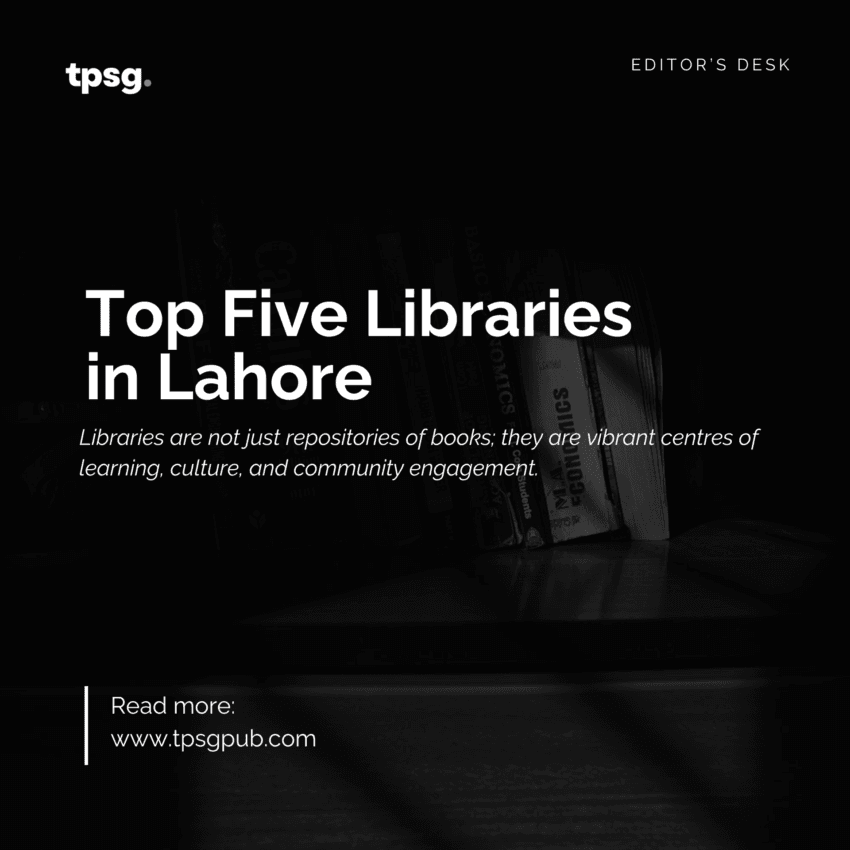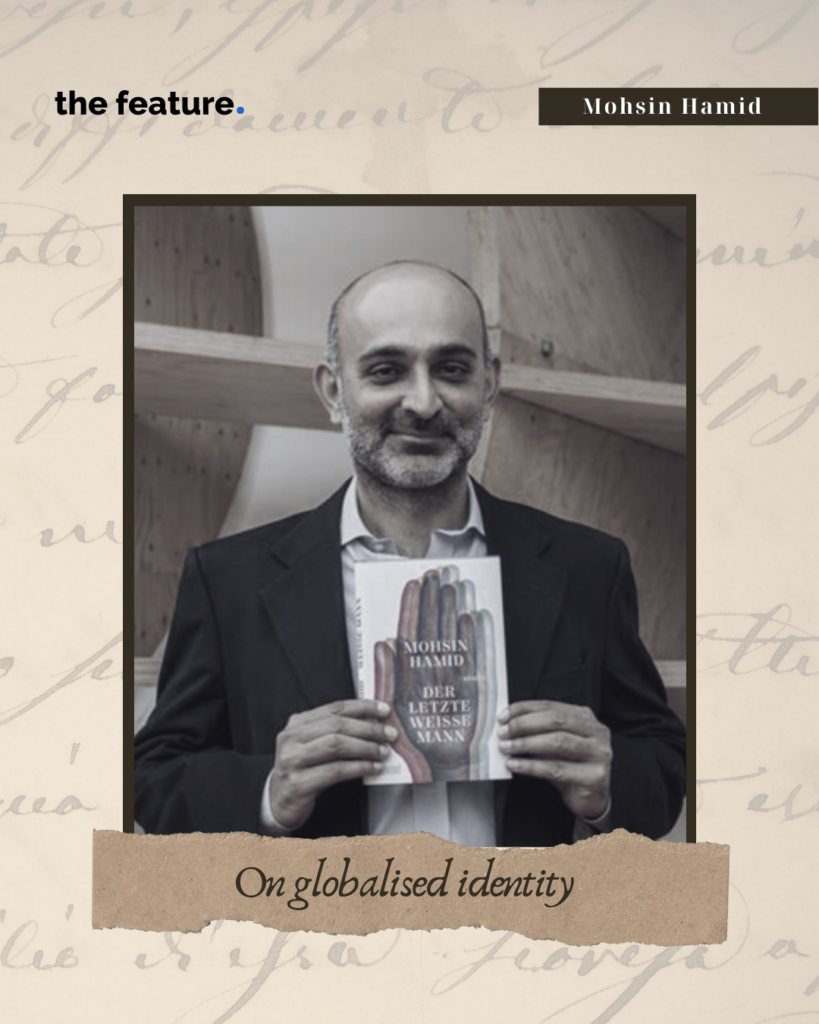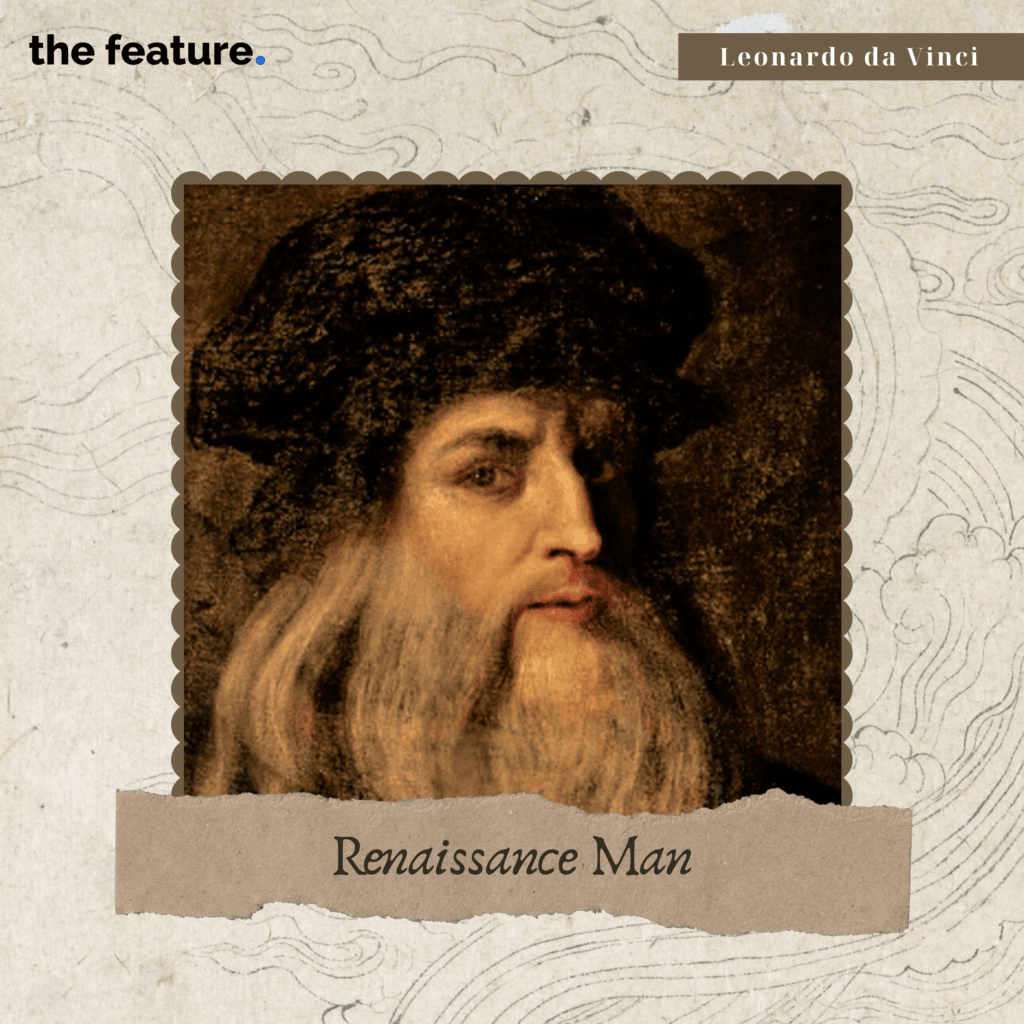Lahore, the cultural capital of Pakistan, is home to a rich literary tradition and a variety of libraries that cater to the diverse needs of its residents and visitors. Among these, some libraries stand out for their collections, architecture, and role in promoting knowledge.
1. Jinnah Library
Jinnah Library, named after the founder of Pakistan, Muhammad Ali Jinnah, holds a significant place in the hearts of Lahore’s intellectual community. Established in 1970, this library is located in the city’s heart and is a hub for knowledge seekers.
- Community Engagement: Regular events, seminars, and workshops are hosted at the library, fostering a sense of community among scholars, students, and the general public.
- Architecture and Environment: The library’s architectural design reflects a modern yet functional style, providing an inviting space for readers. The serene environment encourages study and contemplation.
- Collection and Services: Jinnah Library boasts a vast collection of books, journals, and periodicals covering various subjects, including history, literature, and science. The library also offers digital resources, making it accessible to a wider audience.

2. Punjab Public Library
Established in 1884, the Punjab Public Library is one of the oldest libraries in Lahore. It has played a pivotal role in promoting literacy and education in the region.
- Historical Significance: The library was founded during the British Raj and has since been a crucial resource for researchers and students alike. Its historical significance adds to its appeal.
- Rich Collections: The Punjab Public Library houses more than 1.5 million books, manuscripts, and rare publications, making it a treasure trove for bibliophiles. It specialises in local history and culture.
- Cultural Programs: The library organises cultural programs and literary events that connect the community with its literary heritage.
3. Lahore Museum Library
The Lahore Museum Library, part of the Lahore Museum complex, is dedicated to providing access to a wide array of resources related to art and archaeology.
- Unique Focus: Unlike typical libraries, the Lahore Museum Library offers specialised collections that include art books, archaeological journals, and historical documents. This focus on art makes it an invaluable resource for students and researchers in these fields.
- Architectural Beauty: The museum itself features stunning architecture, and the library complements this aesthetic with its carefully curated spaces for reading and research.
- Educational Initiatives: The library frequently collaborates with the museum to promote educational initiatives, workshops, and exhibitions that enhance public understanding of art and history.

4. Al-Hamra Arts Council Library
Situated within the Al-Hamra Arts Council, this library emphasises the importance of art and culture in education.
- Events and Workshops: Regular events, including poetry readings, book launches, and workshops, encourage community engagement and promote local talent.
- Cultural Hub: The Al-Hamra Arts Council Library serves as a cultural hub for artists, writers, and scholars. It aims to foster creativity and artistic expression through its resources and programs.
- Diverse Collections: The library offers a variety of books and materials related to literature, performing arts, and visual arts. This diversity attracts a wide range of users, from students to professionals.
5. Government College University Library
The Government College University (GCU) Library is an essential resource for students and faculty associated with one of the oldest educational institutions in Pakistan.
- Academic Focus: Established to support academic pursuits, the GCU Library features a comprehensive collection of books, research papers, and digital resources across various disciplines.
- Modern Facilities: The library is equipped with modern facilities, including reading rooms, computer labs, and study spaces, making it conducive to learning.
- Research Support: The library plays a vital role in supporting research activities, offering assistance to students and researchers in finding relevant materials.
Lahore’s libraries are not just repositories of books; they are vibrant centres of learning, culture, and community engagement. From the historic Punjab Public Library to the contemporary Jinnah Library, each institution contributes uniquely to the intellectual landscape of the city. As Lahore continues to grow and evolve, these libraries will remain essential in nurturing a love for learning and preserving the rich literary heritage of Pakistan.




